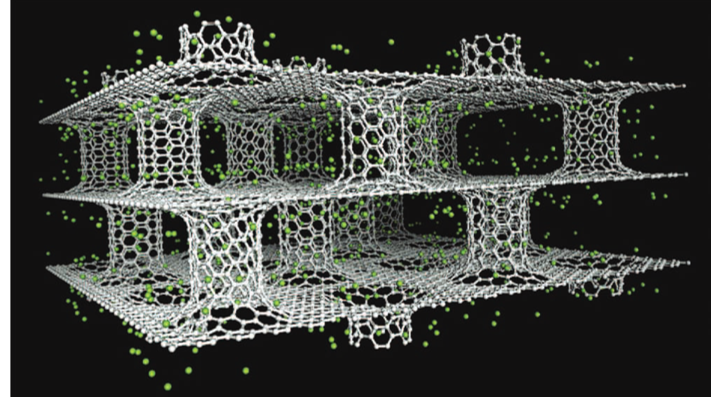 Institute information
Institute information The Institute of Inorganic Chemistry (IIC) is focused on basic research in the area of inorganic and bio-inorganic systems oriented to optimization and development of new materials and technological processes in the following branches of science: inorganic chemistry, physical chemistry, materials chemistry, inorganic technologies and materials, theoretical chemistry, nanotechnology.
The main subjects of the research are the following:
- Relations between composition, properties and structure of inorganic substances, mainly advanced ceramic materials, molten salt systems and hydrosilicates.
- Thermodynamics of multicomponent systems.
- Features and chemical reactions in inorganic systems, including interface of phases.
- Development and application of theoretical and experimental methods for the determination of the structure and properties of matter.
 Scientific highlights
Scientific highlights - Deeper understanding of paramagnetic effects in NMR spectra of transition metal complexes
- Nanomaterials based on clay minerals and poly(2-oxazolines)
- YAG:Eu microspheres for high-power LED colour converters
- Complexity of the KNa2ZrF7, KNa2HfF7 and KNa2(Hf,Zr)F7 compounds
- A method for producing eutectic ceramics composites based on the pseudo-ternary system of Al2O3-Al3Y5O12-ZrO2
- Combined study of gas desorption processes at high temperatures in N-doped graphene
- Stimuli-responsive optical features of naphthalene core dication confined in 2D material
- Development of B4C-SiC composites with improved high temperature properties
- Determination of the Na3AlF6–Y2O3 Phase Diagram and its Implications for Low – Temperature YAG / Nd:YAG Synthesis
- Liquid phase sintering: an approach to produce fine-grain ceramics immune to grain growth
 Experimental equipment
Experimental equipment The Institute disposes with variety of advanced techniques used for materials preparation, characterisation and processing.
- methods for characterisation of physico-chemical and mechanical properties of materials
- methods suitable for phase and structural analysis
- spectral methods
- methods for preparation and processing of functional ceramic and glass materials
- many others.

 Contact
Contact Intranet
Intranet SK
SK














